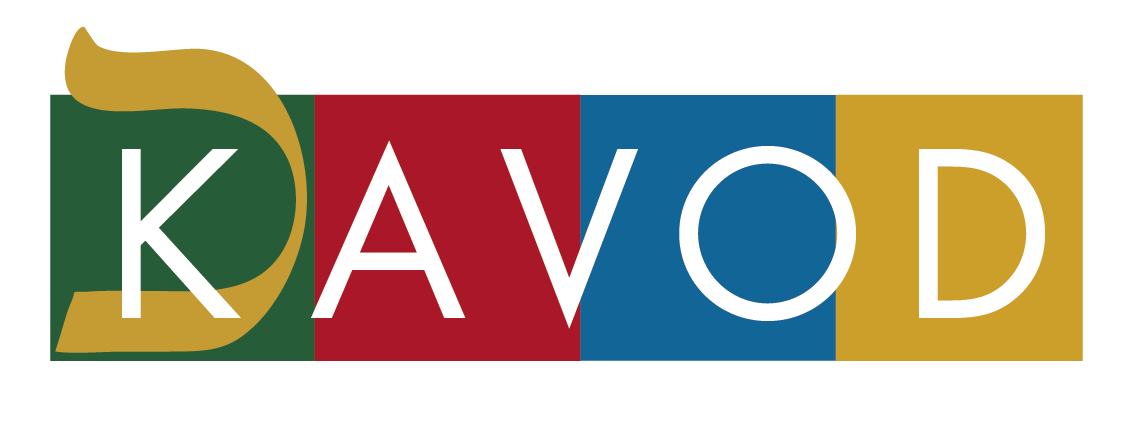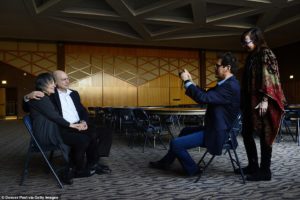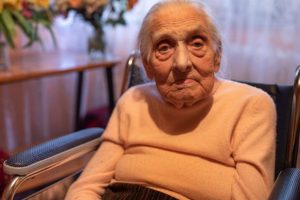Couple photographs Holocaust survivors, starts organization to offer financial aid
They have taken pictures of more than 770 Holocaust survivors around the world.Author: Jennifer MecklesPublished: 10:13 PM MST February 20, 2019Updated: 10:25 PM MST February 20, 2019
BOULDER, Colo. — John Pregulman likes to learn about the people he photographs.
“Mind if I ask you how young you are?” he asked Joseph Juhasz near the start of their session Wednesday.
“I’m 81,” Juhasz answered.
“And when did you come to this country?” Pregulman asked.
“1951,” Juhasz explained.
It’s just the beginning of what Pregulman will learn about Juhasz during this session.
All of the people he photographs these days have important stories of survival.
“So, were you hidden?” he asked.
Pregulman takes pictures of Holocaust survivors.
Juhasz was a survivor, too. He was a child in Hungary during the war.
“I survived that period in the cellar of our house,” Juhasz explained. “And it was an absolutely crazy time, in anybody’s book of the word ‘crazy.’ War time craziness is like complete calm, then spots of incredible violence.”
Pregulman has photographed more than 770 Holocaust survivors across the world. His first photos were simply to help a friend with a Holocaust museum exhibit in Chicago.
“I spent three days photographing 65 survivors… and listening to their stories and fell in love with the idea of taking pictures of these people who won’t be with us too much longer,” he said. The project just grew from there.
“If they can overcome what they have, it’s very important for us to tell their stories to the rest of the world.”
While traveling for these portraits, John met his future wife, Amy Israel Pregulman. Together, they learned many of the survivors were living in poverty, or struggling financially due to unexpected emergencies.
The Pregulmans – who are based in Memphis but live in Denver part-time — founded an organization to help.
“KAVOD means ‘dignity,’ ‘honor,’ and ‘respect’ in Hebrew,” Amy explained.
“KAVOD’s main mission is giving aid to Holocaust survivors who are dealing with emergency situations and most likely living in poverty.”
Pregulman said some survivors are dealing with broken appliances, unexpected medical bills, or a natural disaster – just to list a few examples. In those situations, KAVOD will offer assistance, often through grocery gift cards and pharmacy gift cards. She said KAVOD partners with Jewish Family Services, often serving as a secondary resource.
“We feel a deep sense of responsibility, not only as Jews, but as humans, to take care of our elders and to take care of each other,” she said. “And these particular individuals, these Holocaust survivors, have been through such unfathomable trauma. It’s unconscionable to us that we are in the U.S. and these individuals are living in this kind of situation.”
She said KAVOD has raised more than a quarter of a million dollars in three years, and 100 percent of that money goes to survivors. She said KAVOD has provided aid to more than 1,000 survivors already.
Those who receive aid are not part of the photography project. Their stories remain confidential.
Those survivors who are photographed, are part of a gallery on KAVODs website.
“The photos serve a purpose to share and be a witness to their stories,” Pergulman said. “To let people know that these individuals are alive today and that they are here, that their stories are important to hear and that they’ve made lives for themselves.”
During his photo session at the Jewish Community Center in Boulder on Wednesday, Joseph Juhasz said he finds value in sharing these stories, too.
“Things that are for other people, stories, are memories for me,” he said, explaining he also gains something from the experience.
“It’s something that I owe to myself as I try to reclaim my past. It’s work I’m doing, in part, to sort of publicly make real the part of myself I had to hide in the cellar.”
The Pergulmans said the opportunity to meet these survivors, and help even more, is a privilege.
“It’s a privilege to be a witness to their stories,” Amy said. “It’s a privilege to share their stories and talk to them and be present with them. And it’s a privilege to be able to help those in need.”
View the original article here.


